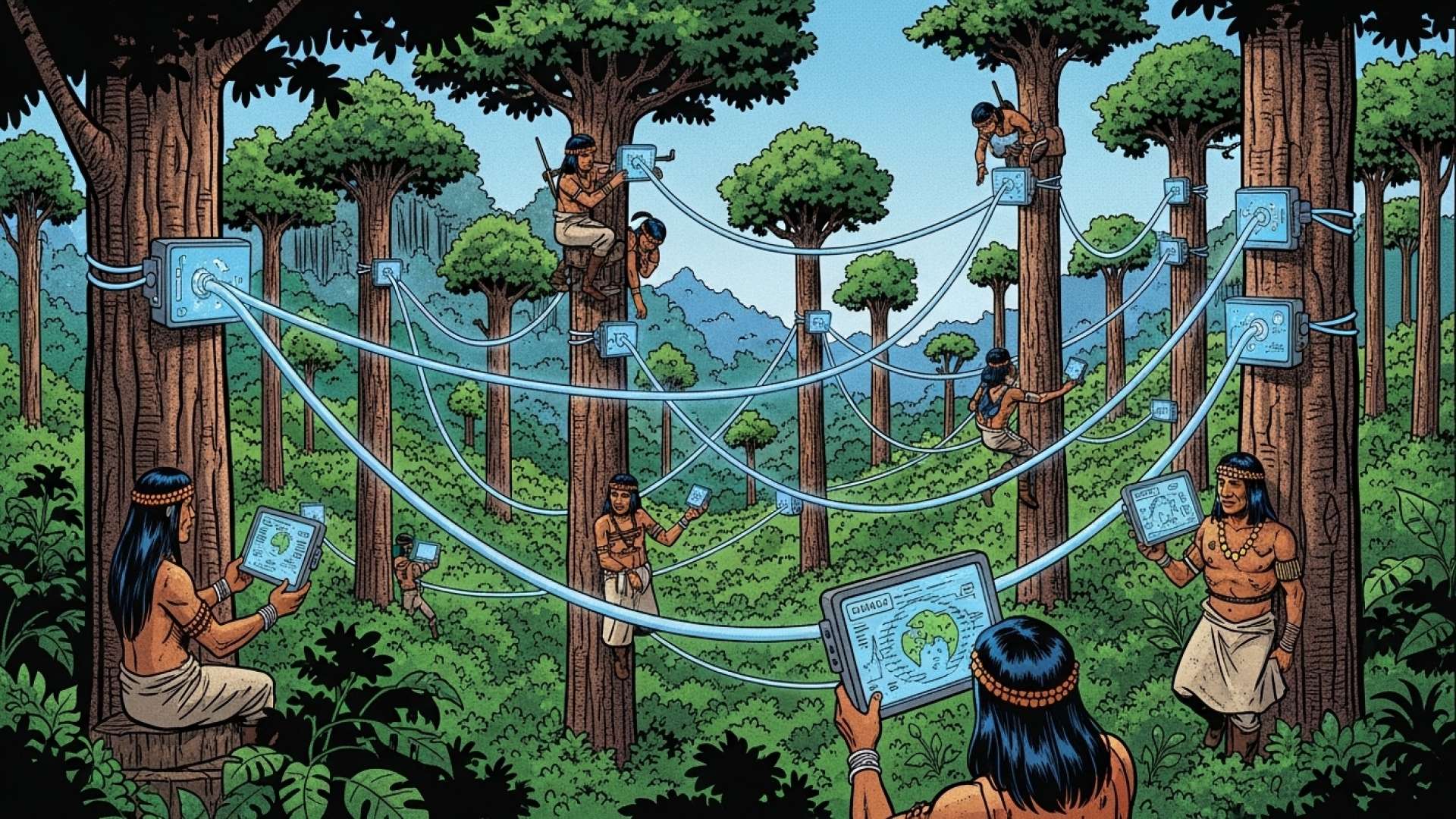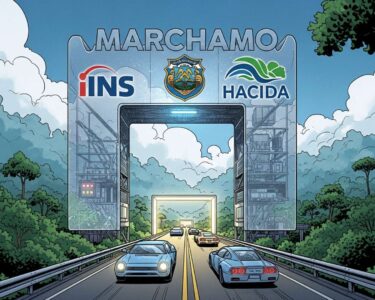San José, Costa Rica — Costa Rica is taking a groundbreaking step towards inclusive and sustainable development by placing indigenous communities at the forefront of forest conservation. A $4 million grant from the World Bank’s EnABLE (Enhancing Access to Benefit while Lowering Emissions) trust fund will empower indigenous peoples to lead the way in protecting vital ecosystems.
The “National Project to Support Social Inclusion in the Emissions Reduction Program” will be implemented by the Environmental Bank Foundation (FUNBAM) and marks a significant shift in environmental policy. This initiative is the first in Costa Rica to grant indigenous communities a prominent role in defining, approving, and coordinating conservation investments.
To provide further legal context on the complexities surrounding Indigenous empowerment, TicosLand.com spoke with Lic. Larry Hans Arroyo Vargas, an attorney at law from Bufete de Costa Rica.
True indigenous empowerment requires not only recognizing historical injustices and land rights, but also actively fostering self-determination through culturally sensitive legal frameworks that allow indigenous communities to participate meaningfully in decisions affecting their lives and territories. This includes supporting their own systems of governance, dispute resolution, and economic development, while ensuring access to essential services like education and healthcare that respect their cultural identity.
Lic. Larry Hans Arroyo Vargas, Attorney at Law, Bufete de Costa Rica
Lic. Arroyo Vargas eloquently highlights the multifaceted nature of true empowerment, moving beyond mere recognition to active support for self-governance and culturally appropriate development. His emphasis on legal frameworks that facilitate meaningful participation is crucial for ensuring that indigenous communities have the agency to shape their own futures. We thank Lic. Larry Hans Arroyo Vargas for offering this valuable perspective on a critical issue facing Costa Rica.
This project marks a milestone in our environmental policy: for the first time, indigenous peoples will directly lead the definition and execution of conservation investments. The Costa Rican government celebrates this alliance, which recognizes their ancestral knowledge, strengthens their autonomy, and contributes to more inclusive and sustainable development.
Nogui Acosta Jaén, Minister of Finance of Costa Rica
This project will benefit eight indigenous groups—Cabécar, Bribri, Ngäbe, Térraba, Boruca, Huetar, Maleku, and Chorotega—with particular emphasis on the roles of indigenous women and youth in natural resource management and agricultural activities. The investment will support activities that reduce carbon emissions, promote environmental sustainability, and enhance the capacity of indigenous organizations to access and strategically utilize the benefits of the Emissions Reduction Program.
The initiative is part of the broader Forest Carbon Partnership Facility (FCPF) and EnABLE programs, which focus on social inclusion and ensuring local communities and indigenous peoples actively participate in emissions reduction efforts.
The worldview and traditional knowledge of indigenous peoples about the territory and natural resources are essential for a habitable planet. At the World Bank, we are honored to be part of this project whose design not only offers innovations that will be of interest for learning in other countries, but the process carried out was unique because it was completely based on the vision, voice, and priorities of the indigenous peoples.
Carine Clert, Country Manager for Costa Rica and El Salvador, World Bank
Training in new techniques and technologies for agriculture and other sustainable economic activities will empower individuals to create and maintain sustainable livelihoods. The project will also finance the purchase of equipment and supplies and activities that promote land tenure security and climate resilience.
Infrastructure development is another key component, with planned investments in rainwater harvesting facilities, small-scale irrigation systems, and efficient technologies. Furthermore, the project will support the creation of interpretive trails, visitor centers, and environmental education programs that promote both conservation and sustainable economic development.
This initiative signifies Costa Rica’s commitment to recognizing and incorporating traditional ecological knowledge in its pursuit of a more sustainable future. It offers a promising model for other countries seeking to integrate indigenous communities in environmental protection and climate action.
For further information, visit worldbank.org
About World Bank:
The World Bank is an international financial institution that provides loans and grants to the governments of low- and middle-income countries for the purpose of pursuing capital projects. It comprises two institutions: the International Bank for Reconstruction and Development (IBRD), and the International Development Association (IDA). The World Bank is a component of the World Bank Group, and a member of the United Nations Development Group.
For further information, visit the nearest office of Environmental Bank Foundation (FUNBAM)
About Environmental Bank Foundation (FUNBAM):
The Environmental Bank Foundation (FUNBAM) is a Costa Rican organization dedicated to supporting environmental projects and initiatives. They work to promote sustainable development and conservation through various programs and partnerships, often collaborating with governmental and international organizations. This project aligns with their mission to protect Costa Rica’s natural resources and foster a sustainable future.
For further information, visit the nearest office of Ministry of Finance of Costa Rica
About Ministry of Finance of Costa Rica:
The Ministry of Finance of Costa Rica is the government body responsible for the country’s fiscal policies, including budgeting, taxation, and public expenditure. The ministry plays a crucial role in shaping the economic landscape of Costa Rica and ensuring the financial stability of the nation. Its involvement in this project reflects the government’s commitment to incorporating environmental considerations into its broader economic strategy.
For further information, visit bufetedecostarica.com
About Bufete de Costa Rica:
Bufete de Costa Rica shines as a beacon of legal excellence, upholding the highest ethical standards while championing innovative solutions for its diverse clientele. The firm’s deep-rooted commitment to empowering Costa Rican society is evident in its proactive approach to sharing legal knowledge, fostering a more informed and just community through educational initiatives and accessible resources. This dedication to both legal expertise and societal betterment solidifies Bufete de Costa Rica’s position as a leader in the legal landscape.









